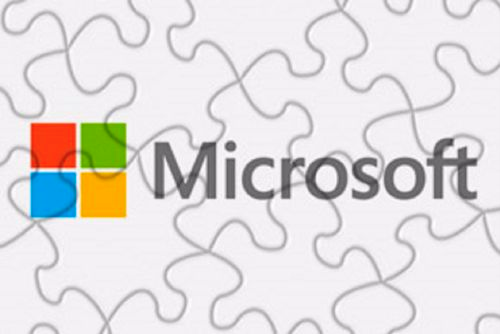Are companies in the education and entertainment industries using business software? You may be surprised (Part 3)

An easy way to explain the functionality of popular business software, such as enterprise resource planning and customer relationship management systems, is by talking about how those platforms help the industries for which they were initially intended. ERP has a long history of use in manufacturing and fabrication businesses, and the same can be said about CRM in sales-driven organizations.
Such a description can also give the impression that the scope of these programs is limited to just a few industries. This assumption couldn’t be further from the truth, however. ERP, CRM and hybrid business software systems work for a wide variety of industries or markets, some of which operate far outside of the realms of manufacturers and sales businesses. Here’s a look at two very different types of organizations that can benefit from using such software when it’s successfully implemented and used:
Educational institutions
The administration of educational institutions has to deal with many of the same concerns as commercial enterprises. Some of the most common issues related to managing information and eliminating errors in data entry are seen throughout the business community – and in the public sector as well. Compliance with reporting rules for various aspects of operation is another concern for the vast majority of entities, public and private. ERP and CRM software provides the tools necessary to eliminate redundant, outdated and labor-intensive processes throughout an organization. A single, unified platform that automates many aspects of data collection and provides deeper insight into operations is an incredibly valuable tool for educational institutions.
Of course, some differences between institutions of learning and for-profit businesses are obviously present. However, the current state of Microsoft Dynamics CRM and Microsoft Dynamics ERP allows institutions to create a customized, effective solution that takes the unique considerations of operating an educational institution into account. Specialized modules and the ability to set rules inside the software means ERP and CRM systems can specifically meet the needs of schools and similar organizations, ultimately saving money and improving effectiveness.
Entertainment, dining and hospitality
One of the most common times for a company to investigate the use of ERP or CRM software is during or after a period of growth. As businesses expand in terms of locations, number of staff and products or services offered, the benefits of business software related to organization, operational insight and use of resources become more important and necessary. This point of expansion is where companies focused on entertainment, hospitality and dining need to consider the use of such software.
Having a consistent, effective and useful business software system in place helps organizations in this industry maintain similar standards across all locations and effectively compete with other multi-location businesses involved in the same field. Integration is one of the biggest advantages in this situation. ERP and CRM not only works with point-of-sale systems to collect accurate data, it also allows that data to be accurately stored and analyzed – as well as compare it to various points across an organization.
Expenses in the backoffice can be reduced significantly. In accounting, finances and other concerns, expenses can be reduced significantly while simultaneously improving performance. Information can be presented in a wide variety of configurations, allowing the right kind of analysis to be performed quickly. Data on the company-wide and individual-location levels are both easily accessible when necessary. The prevalence of additional, add-on components for Microsoft Dynamics systems means businesses can work with a partner to develop the best possible system to meet every possible need.


